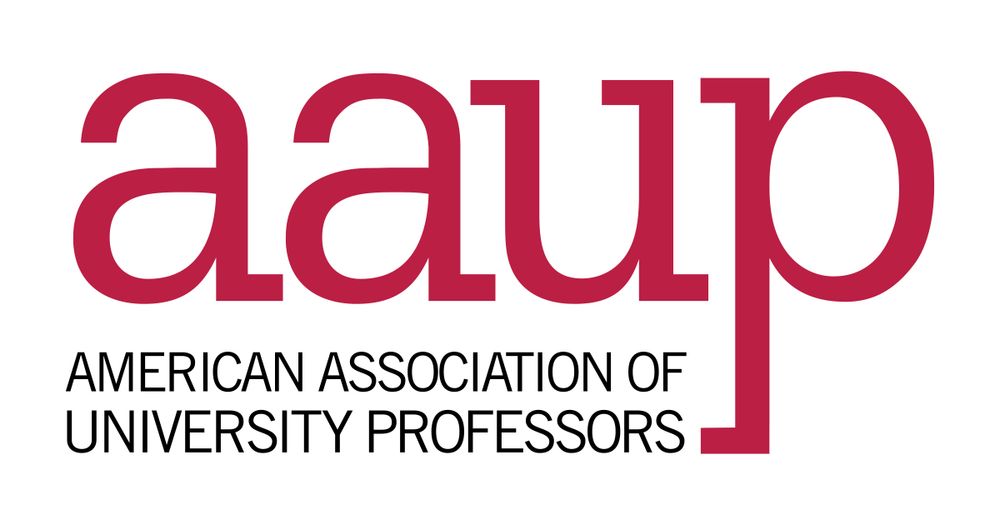Victor Pickard
Reposted by Victor Pickard
by Victor Pickard — Reposted by Victor Pickard
Reposted by Victor Pickard, Anne Applebaum, Joanna Bryson , and 44 more Victor Pickard, Anne Applebaum, Joanna Bryson, Joe R. Feagin, Brendan Nyhan, Jesse H. Kroll, Patrick A. Jansen, Daniel L. Millimet, David Feldman, Eric Goldman, Fabián Muniesa, Jacob Montgomery, Bruce D. Baker, Juan Cole, Erwin Dekker, Sanford F. Schram, John Foot, Devon Greyson, W. Andy Knight, Nazita Lajevardi, Stacy D. VanDeveer, Scott A. Imberman, Caroline Fohlin, Florian Keller, Michael D. McDonald, Jason Lyall, Kate Starbird, Thomas Masterson, Nils Zurawski, Nelson Flores, Henrik Skaug Sætra, Arlene Stein, Federica Genovese, Richard M. Carpiano, Olivier Jourdan, Klaus Oschema, Meredith Farkas, Brandon Whitcher, Daxton R. Stewart, Albin Wagener, Nicole Guenther Discenza, Manisha Sinha, Aviel Roshwald, Olúfẹ́mi Táíwò, Nathan P. Kalmoe, Bruce Buchan, Southern Africa
by Victor Pickard — Reposted by Victor Pickard

Reposted by Victor Pickard
www.tallahassee.com/story/news/l...
and the subhead helps props up a false claim this professor was up to something seedy as something up for debate

by Mark Bray — Reposted by Victor Pickard, Nandita Sharma, Julie L. Lockwood , and 19 more Victor Pickard, Nandita Sharma, Julie L. Lockwood, Christopher Wright, Philip Nel, Fabián Muniesa, Joseph Schafer, Cécile Canut, Peter Schöttler, Jane Suiter, Stacy D. VanDeveer, Beatriz Gallardo Paúls, Alessandro Nai, Sebastian Karcher, David Murakami Wood, Lisa Diedrich, S. J. Holmes, Nicole Guenther Discenza, Aviel Roshwald, Olúfẹ́mi Táíwò, Émilien Ruiz, Dan Immergluck
We got our boarding passes. We checked our bags. Went through security. Then at our gate our reservation ‘disappeared.’
- Jack Posobiec at Trump's roundtable on antifa
Reposted by Victor Pickard, Richard S.J. Tol, Norbert Schwarz , and 16 more Victor Pickard, Richard S.J. Tol, Norbert Schwarz, Will Jennings, Rosemary A. Joyce, David Rothschild, Elizabeth Stokoe, Fabián Muniesa, Paul Goldstein, Robert B. Reich, Samantha Brennan, Michael D. McDonald, Henry Jones, Greg Linden, Greg O’Brien, Andrew Rudalevige, Simon Lester, Nathan P. Kalmoe, Daniel B. Rodriguez
newrepublic.com/article/2013...


by Victor Pickard — Reposted by Victor Pickard
Reposted by Victor Pickard
www.tandfonline.com/eprint/2BPFG...

Reposted by Victor Pickard

Reposted by Victor Pickard
@theine.bsky.social and Carlotta Verita look at how well Philly’s local news media keep residents informed about the issues that matter most in this new report: buff.ly/jJO22o8


by Victor Pickard — Reposted by Victor Pickard, Anna O. Law
www.youtube.com/live/RB1FLkR... @aaup-penn.bsky.social @aaup.org @chenjerai.bsky.social @proftwolf.bsky.social

Reposted by Victor Pickard, Michael Jones‐Correa
It is not hyperbole to say that the future of higher education.. requires that every university reject it…The only solution is solidarity and collective action against this effort at federal control over higher education.”
www.nytimes.com/2025/10/02/o...

This is corruption.
Adherence to ‘loyalty oaths’ would usher in a new era of thought policing in American higher education.

by Ryan Enos — Reposted by Victor Pickard, Anna O. Law, Efrén O. Pérez , and 2 more Victor Pickard, Anna O. Law, Efrén O. Pérez, Fabián Muniesa, Michael Jones‐Correa

Reposted by Victor Pickard, Brian Keegan, Blair Fix , and 1 more Victor Pickard, Brian Keegan, Blair Fix, Olúfẹ́mi Táíwò
Wikipedia is core to that fight so the grievance blitz is here.

Reposted by Victor Pickard, Brian Weatherson
Public ownership of local news media is more important than ever, and this acquisition builds on years of partnership and archival work to ensure the future of this priceless community asset.
aadl.org/node/647334

Reposted by Victor Pickard
by Victor Pickard — Reposted by Victor Pickard, Aurélien Mondon, Nathan P. Kalmoe



